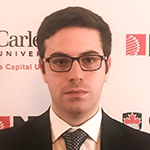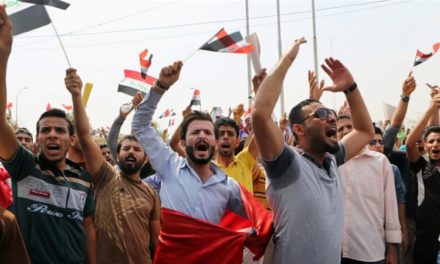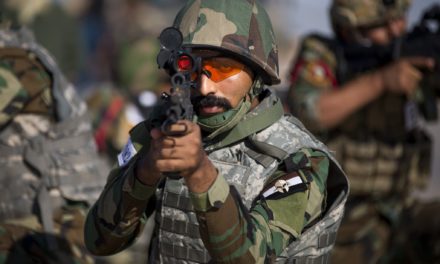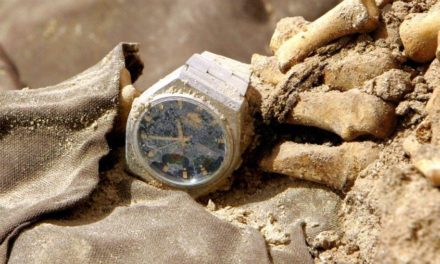Adil Abdul-Mahdi has been Prime Minister for nearly 100 days, and we are starting to see that he has allowed President Barham Salih to take the lead on Iraq’s foreign policy. The Presidency, although a ceremonial position, is able to be influential depending on the President’s charisma and how lenient the Prime Minister is on certain files. Since taking office, Abdul-Mahdi has yet to make a foreign visit, while President Salih on the other hand has visited every neighbouring country other than Syria, and some states more than once, like Turkey. All visits by the President have included the Foreign Minister in the delegation, amongst others, ensuring that the visits are more than just symbolic. What is the direction of Iraq’s foreign policy with this government and what does this mean for the future of the President’s role in the country with this new strategy?
President Salih is a talented politician who has strong popularity in both the Kurdistan Region and the rest of Iraq, as well as good relations with both the United States and Iran. He is more than capable of playing the mutual friend to both sides, a role Iraq has had to perform in the past decade. However, with visits from Secretary of Energy, Rick Perry and Secretary of State, Mike Pompeo to Iraq in the past month and a visit from Iranian Foreign Minister, Mohammad Zarif after that, it is clear that the Government of Iraq is willing to maintain close ties with the United States as it is does with Iran. Having said that, when it comes to bilateral ties with the United States, the trajectory of the relationship depends more on Washington’s willingness to become a more engaged ally with Iraq rather than dependent on Baghdad’s willingness. Because, neighbouring Iran is and will always be engaged with Iraq due to proximity, and so the onus is on the United States Government to match that and keep bilateral relations with Iraq healthy and at the forefront of American foreign policy in the Middle East.
Being engaged with the Government of Iraq is more important for the United States now than ever before as the Kurdistan Regional Government (KRG) has openly shifted their stance towards Iran since it failed to receive backing from the United States in its bid for independence with a referendum held on September 25, 2017. No longer can the United States depend on Erbil to have a presence in the region, leaving Baghdad to be not only the best possible option, but one of the only ones.
Abdul-Mahdi was clearly the candidate that the Islamic Republic preferred, but that does not mean, like President Salih, he cannot work with both Iran and the United States. The question is, how much effort is Abdul-Mahdi willing to put in Iraq’s foreign policy? Other than a PM appearance at the Arab League Summit in Beirut this month, it appears that Salih is doing most of the heavy lifting on this front.
Foreign Minister, Mohammad Al-Hakim, the former Permanent Representative of Iraq to the United Nations (UN) in Geneva and New York was a technocratic minister of Abdul-Mahdi’s choosing. However, it has become clear that Abdul-Mahdi is willing to take a step back and allow Salih to take the lead on Iraq’s foreign policy. This will be a different approach from past governments, where we saw the Iraqi President attend conferences such as the UN Climate Change Summit in Paris or the 2017 Riyadh Summit with President Donald Trump’s first foreign visit to the region. In both events, Iraq was not the main actor present. When Iraq was a significant participant, the Prime Minister was usually the representative of the state. That is no longer the case and this shift has only been possible because the President is more charismatic, and the Prime Minister is lenient to allow a shift in the roles to happen.
Constitutionally, the Prime Minister is still the top authority on foreign policy as with the rest of the executive branch’s mandate. Therefore, many questions arise from this new strategy from Prime Minister Abdul-Mahdi and President Salih such as, what precedence does this set for future governments where the President has more say in matters such as foreign policy? Considering the previous head of state was nonexistent from the political scene throughout his four years in office, are citizens happy with a more influential honourary leader? Will greater presence from the Iraqi President who is a Kurd increase sentiment towards Iraqi identity amongst the Kurds? And more importantly, will Salih maintain an Iraq centric foreign policy agenda or have one more similar to that of former Foreign Minister, Hoshyar Zebari, which put the KRG’s interests first?
While still in his first year in office, it is without a doubt, that with Barham Salih’s age and charisma, he will be seeking another term as the constitution permits him up to two. A more influential President means that electing the next President will become a bigger talking point come parliamentary elections in 2022, which is usually more centered around who will be the next Prime Minister. Depending on Salih’s success, the sentiment towards Iraq adopting a presidential system where the role of the Prime Minister is dropped, and the President is elected directly by the people could grow. These are some of the many discussion points that will be raised over the span of the new government if the President of the Republic of Iraq remains this public and influential in not only Iraq’s foreign policy but Iraqi affairs in general.

Hamzeh Hadad
Hamzeh Hadad is an Iraqi writer and commentator. He is currently a Master of Arts candidate at the Norman Paterson School of International Affairs.










